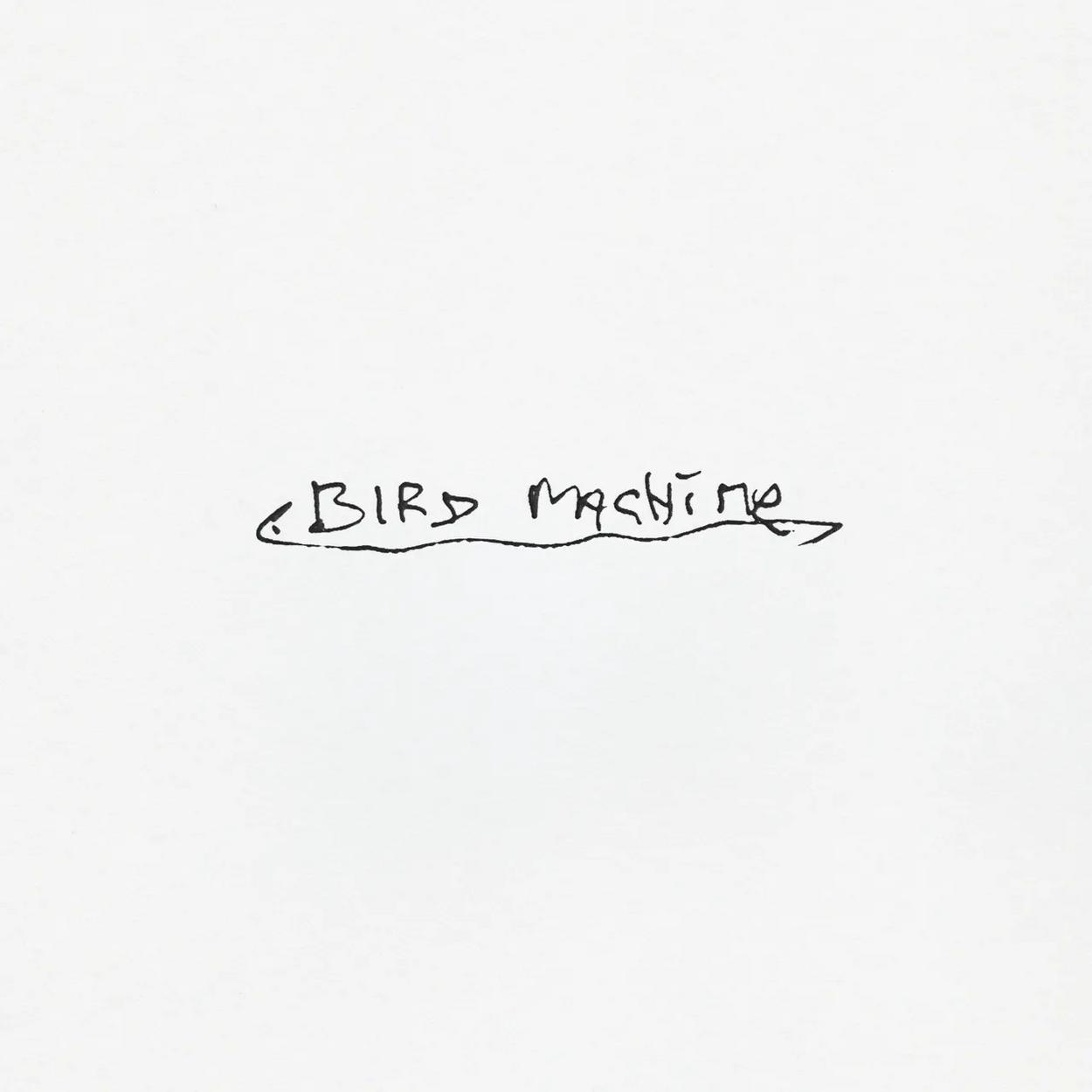A Sparkle in Time
Thirteen years after Mark Linkous’ suicide, a new album from Sparklehorse serves as a reminder of the singer’s lo-fi beauty and rage




Early death freezes a musician in place. Neither Jimi Hendrix nor Janis Joplin ever had a chance to outgrow their hippie looks, Biggie and Tupac remain forever stuck in their feuds. For Mark Linkous, who recorded under the name Sparklehorse and killed himself in 2010, a world of hurt and pain never seemed far away. What was so incredible was his ability to channel that pain into an utterly unique mixture of lo-fi beauty and rage.
A new posthumous album, Bird Machine, shows that his gifts never left him.
Linkous grew up in Virginia, a state that is half a suburb of Washington, D.C., and half genuinely rural. He was born in the former but his family was from the latter, which was the part he came to identify with. Linkous was distantly related to bluegrass legend Ralph Stanley, whose haunted and profound music came to influence him as he became an underground ’90s legend.
Bird Machine opens with an explosion of propulsive energy, a fuzzed-out pop banger titled—optimistically or forebodingly?—“It Will Never Stop.” What is the titular “it”? “The crows with their arrows and their little bows,” Linkous says. “The rabbits with their carrots and their piccolos.” It’s a mixture of cutesy and focused. Linkous channels Wallace Stevens, whose poem “Thirteen Ways of Looking at a Blackbird” similarly uses the natural world to say that the only constant is change. It has the sound of a ’90s DIY band and verges onto the philosophical.
Next up is the warm and fragile “Kind Ghosts.” Dropping the fuzzed-out rock sound, Linkous focuses his voice and takes up a topic that was a constant in his music: depression. “Where were you, my kind ghosts, when I needed you?” It’s the type of question that anyone in a dark hole has asked.
Perhaps no track on Bird Machine is filled with as much self-loathing as “I Fucked It Up,” in which Linkous recalls in rapid-fire fashion the many possibilities of life. He could have been a businessman, a doctor, or gotten a kiss from the homecoming queen, but he “fucked it up real good.” The most brutal regret comes at the end, where he says he could have become a rock ’n’ roll star.
Here’s how close Linkous was to blowing up: After Sparklehorse’s first album, Vivadixiesubmarinetransmissionplot, Radiohead named them as their favorite new band and brought them on their OK Computer tour across Europe. Barely turned into pop culture at all, Linkous only knew the English band from “Creep,” but the tour presented tremendous possibilities. It turned into a nightmare when he overdosed in his hotel room. He recovered, but while he was unconscious he collapsed onto his legs, and when the paramedics untangled him, he had a heart attack. He clinically died for three minutes, needed a wheelchair for six months, and was permanently weaker. The only thing he remembered from the incident was waking up in the hospital.
Linkous was deeply influenced by Tom Waits, who always brings a carnival barker’s variety of music with him. That variety exists within Bird Machine, which moves from the dreamlike “Hello Lord” to the slow and steady “Chaos of the Universe.” In the latter, he speaks of feeling outside a family unit, of being removed from his mother, father, sister. “Oh, to belong,” he says with a dreamy desire. The track calls to mind Elliot Smith and David Berman, two other sad, dead, geniuses.
Early death may freeze a musician in place, but their music continues to move through space and time. Linkous may have made a mistake, but Bird Machine shows that the demons that swallowed him never were him. The beauty and pain within Bird Machine are astonishing. He may never become a rock ’n’ roll star, but anyone who hears Sparklehorse will never forget him.
David Meir Grossman is a writer living in Brooklyn. His Twitter feed is @davidgross_man.